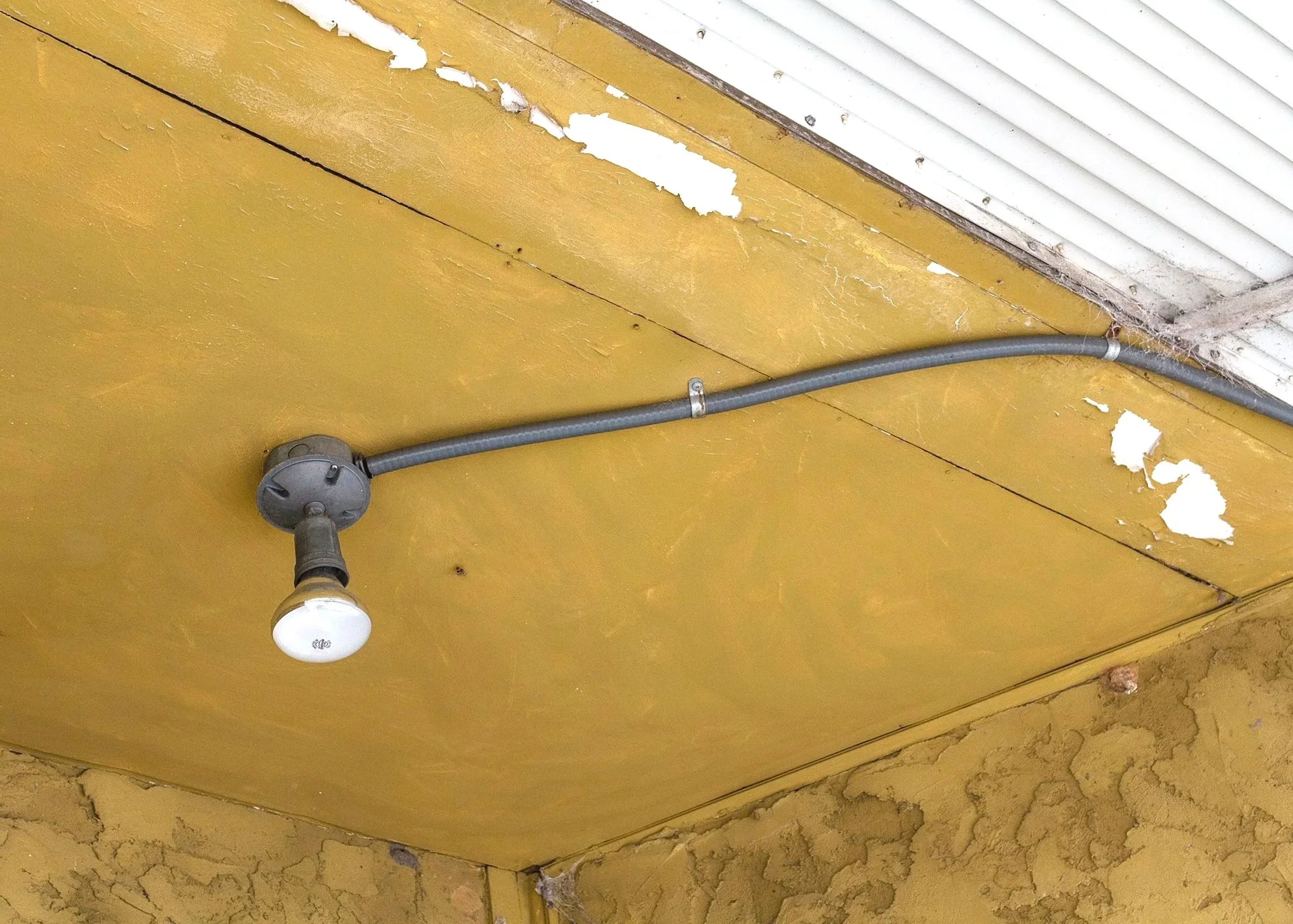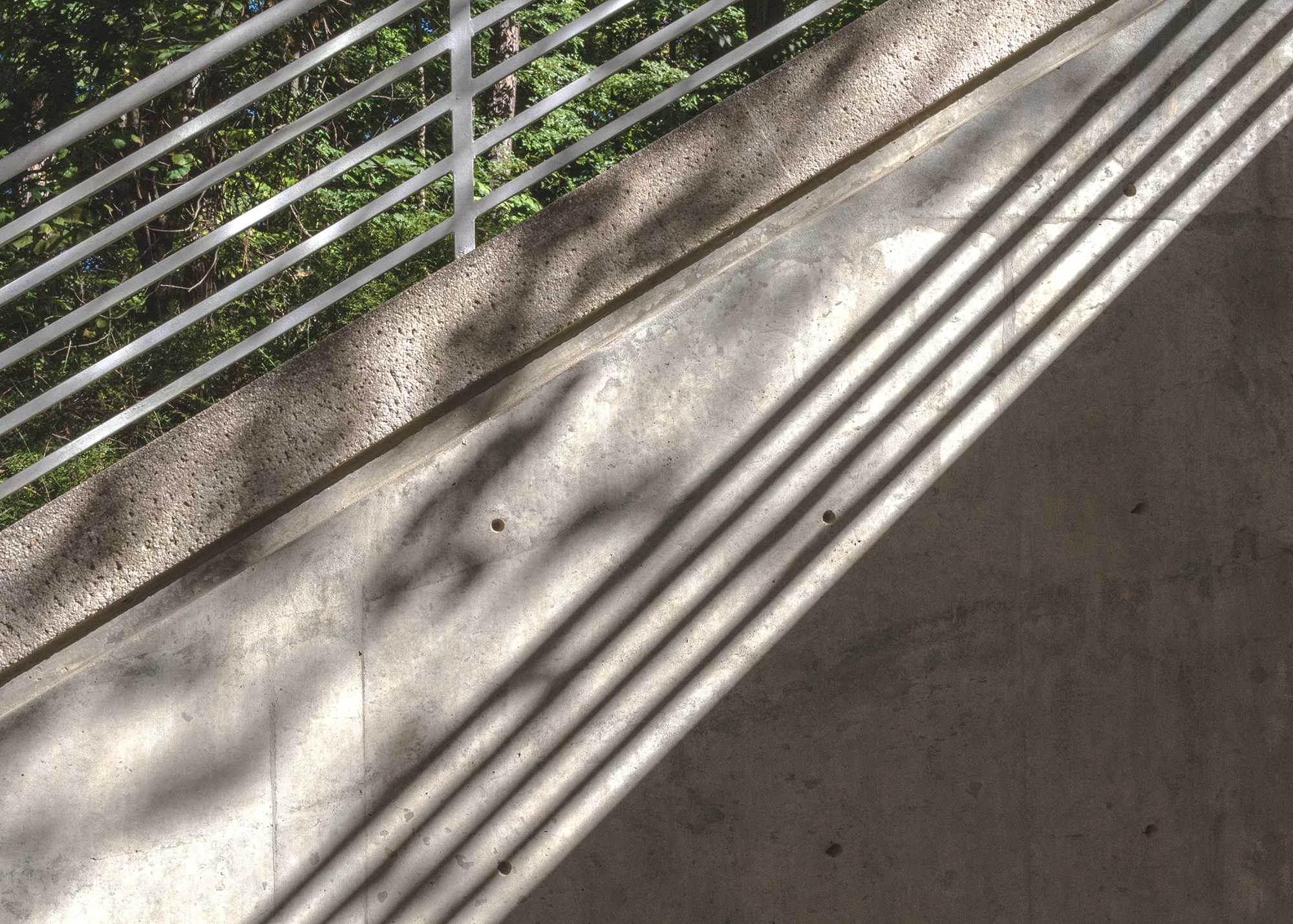Biography
JOHN BECHTOLD is a former American military officer and veteran of the Iraq War. He holds a PhD in American studies from the University of North Carolina at Chapel Hill, where he lectured on war and society. His first monograph, U.S. Militarism and the Terrain of Memory: Negotiating Dead Space (Routledge 2024), investigates the mediation of contemporary war. As a coda to the project, he curated a photography exhibition featuring the work of emerging photographers from Iraq. A portfolio is archived at Duke University.
Research
My current research investigates how knowledge of contemporary American war is structured in digital archives. Through this research, I intend to draw larger conclusions about the formation of memory in the digital age, how the military preforms cultural memory, and what is at stake when the memory of war is crowdsourced, algorithmically generated, and subject to the vagaries of cultural reflexivity. Might these conditions paradoxically produce a more variegated accounting of war over time or continually destabilize historicity?
In addition to American studies, the fields of memory studies, history, and visual culture as well as media studies, have become disciplines that anchor my critical perspective. These fields are increasingly important in the digital age, because we have access to a range of networked archives that can tell us something about our social world. For me, the purpose of humanities scholarship is to understand how cultural texts structure knowledge, wherever these texts might be produced, accessed, or archived.
Photography
I use still photography to explore the way military violence is both reified and sustained in American culture. The representation of war in America is a cultural production that mostly relies on archetypal images of heroes, villains, and expressions of patriotism, all of which forms a story about war in the public domain that is, in the least, limiting. With this in mind, I seek ways to throw light on a different reality in my photographic work. I photograph wounded veterans who are reclaiming their lives after war. I frequent airshows and other forms of patriotic performance to think about how we inculcate the next generation of Americans to esteem military service. I visit military bases, cemeteries, battlefields, memorial landscapes and private spaces to hopefully reveal the dissonance between how war is experience by people and its representation in cultural contexts.
jntsbechtold@gmail.com



